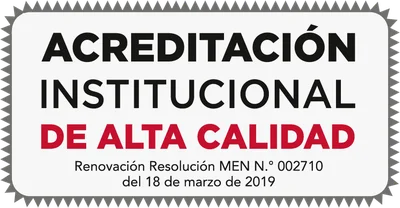Mono- and Multivariable Control and Estimation [electronic resource]: Linear, Quadratic and LMI Methods / by Eric Ostertag.
Tipo de material: TextoSeries Mathematical Engineering; -2Descripción: XIV, 346 p. online resourceISBN: 9783642137341 99783642137341Tema(s): Engineering
TextoSeries Mathematical Engineering; -2Descripción: XIV, 346 p. online resourceISBN: 9783642137341 99783642137341Tema(s): Engineering| Tipo de ítem | Ubicación actual | Colección | Signatura | Info Vol | Copia número | Estado | Fecha de vencimiento | Código de barras | Reserva de ítems |
|---|---|---|---|---|---|---|---|---|---|
 DOCUMENTOS DIGITALES
DOCUMENTOS DIGITALES
|
Biblioteca Jorge Álvarez Lleras | Digital | 629.8 223 (Navegar estantería) | Ej. 1 | 1 | Disponible | D000551 |
1 State Space Control Design -- 2 Observer Theory -- 3 Optimal Control -- 4 Noisy Systems Optimal Linear Filtering -- 5 Optimal Stochastic Control -- 6 Linear Matrix Inequalities -- Appendix A: State Space Representation of Systems -- Appendix B: Complements of Matrix Calculous -- Appendix C: Review of Probability Theory -- Appendix D: Simulation Diagrams -- Bibliography -- Index.
This book presents the various design methods of a state-feedback control law and of an observer. The considered systems are of continuous-time and of discrete-time nature, monovariable or multivariable, the last ones being of main consideration. Three different approaches are described: Linear design methods, with an emphasis on decoupling strategies, and a general formula for multivariable controller or observer design; Quadratic optimization methods: Linear Quadratic Control (LQC), optimal Kalman filtering, Linear Quadratic Gaussian (LQG) control; Linear matrix inequalities (LMIs) to solve linear and quadratic problems. The duality between control and observation is taken to advantage and extended up to the mathematical domain. A large number of exercises, all given with their detailed solutions, mostly obtained with MATLAB, reinforce and exemplify the practical orientation of this book. The programs, created by the author for their solving, are available on the Internet sites of Springer and of MathWorks for downloading. This book is targeted at students of Engineering Schools or Universities, at the Master's level, at engineers desiring to design and implement innovative control methods, and at researchers.






No hay comentarios en este titulo.